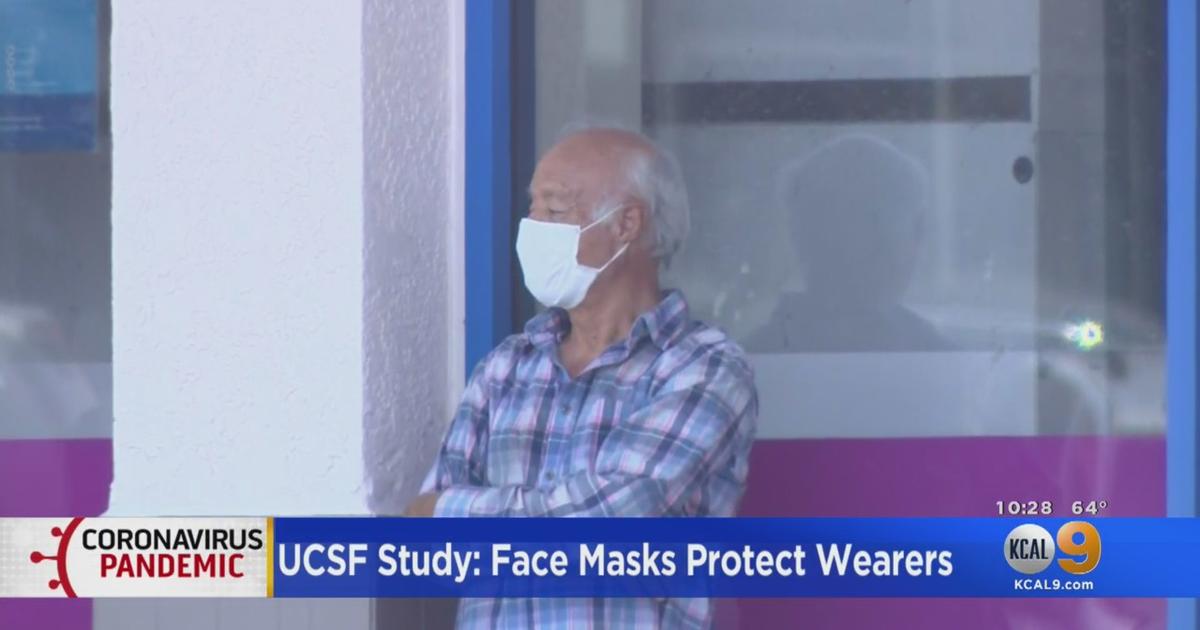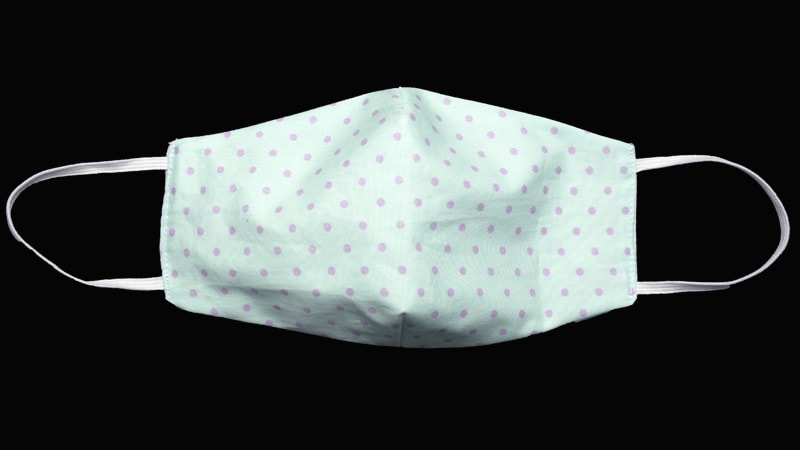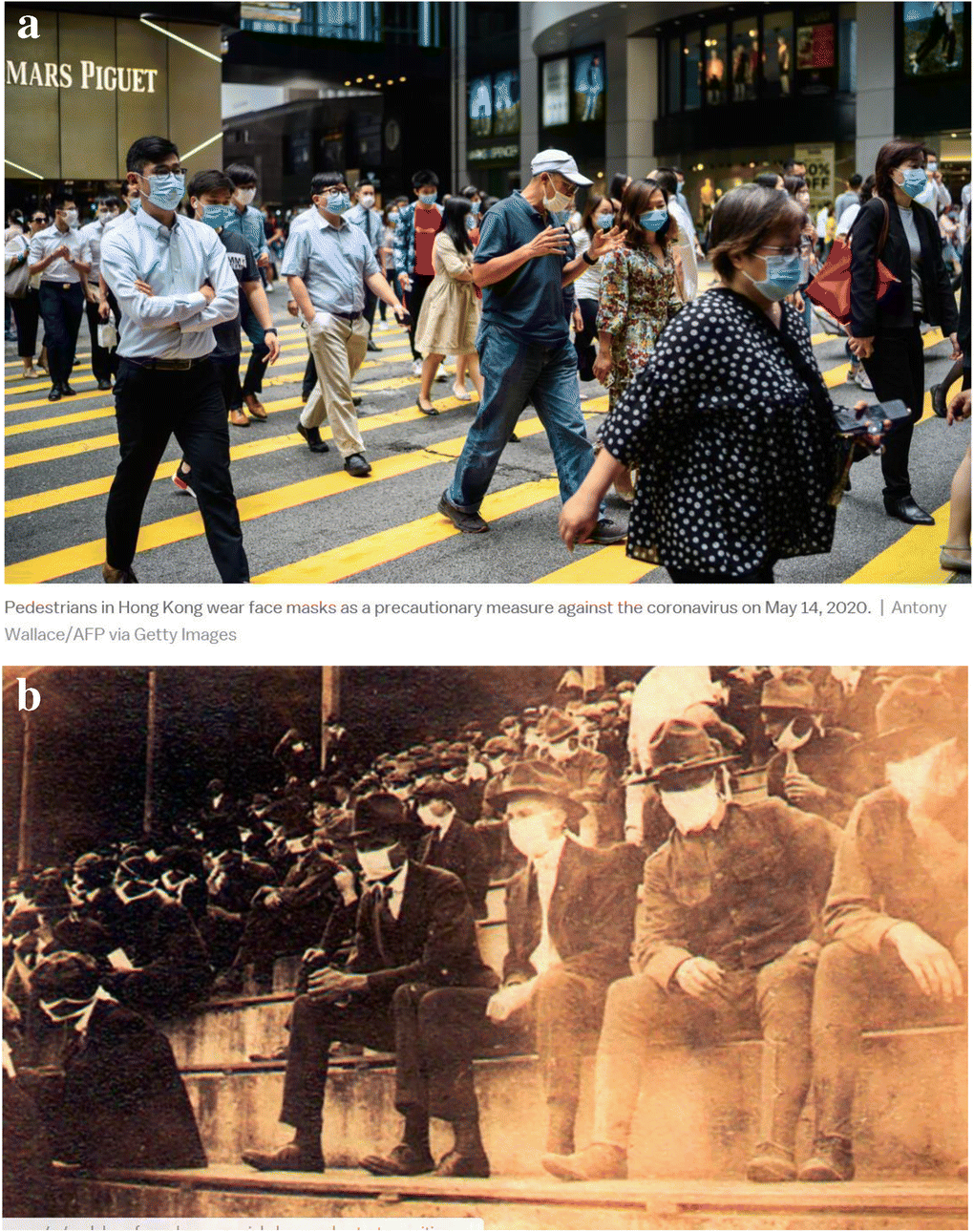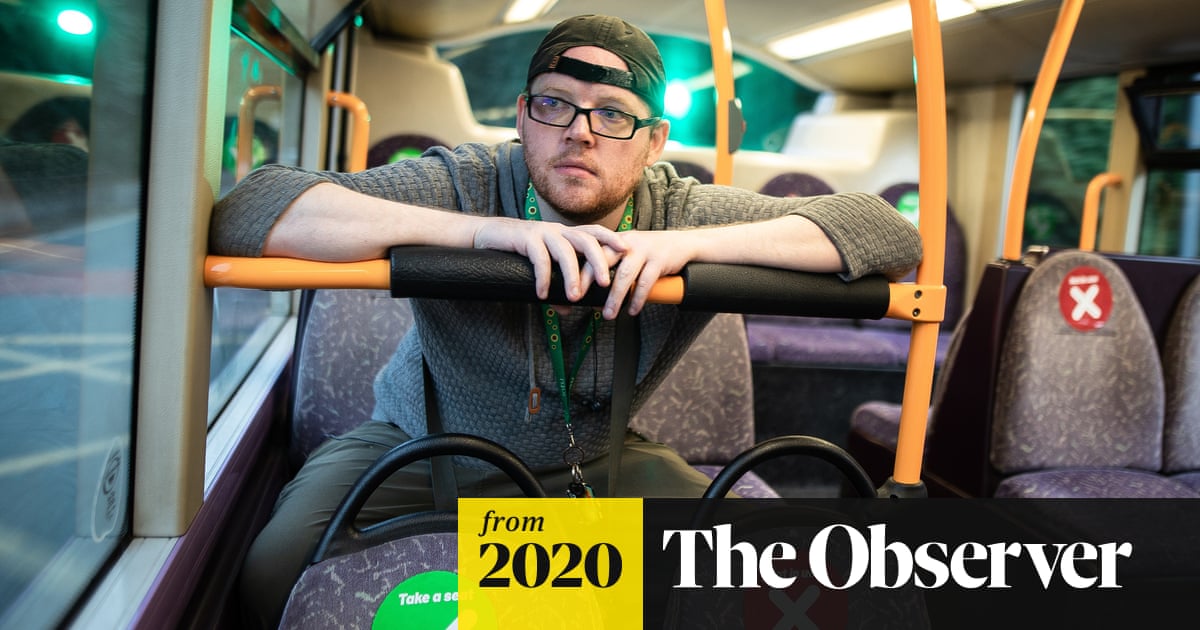There's no contradiction there. These things are comparable.
Not really, I don't see how smoking on an airplane or not buckling your seatbelt is "literally a matter of life or death", and neither are likely to cause long-term or even acute harm to others. The drunk driving is fair, but again this is something that's been a problem since cars have existed and something which we've agreed as a society is unacceptable, choosing not to wear masks is not.
I'm in full support of systems that mandate vaccines to attend school and be around others that you're likely to infect.
That wasn't the question, the question was should vaccines be mandated. I'll go farther and ask should one be allowed to go out in public if not vaccinated? Forget about schools and being around the vulnerable, that's not what was being implied. Though if your answer is yes, we'll have to agree to disagree.
Again, you're not looking at the evidence. The evidence shows that states that enforced masks and closing of public places early had a significant decline in cases while states that didn't had a rise in cases. Comparing wearing a mask to fascism is pretty absurd.
And again, this does nothing to control for other public health variables or the types of masks being used. You're also twisting my words. I never said wearing a mask was fascism, that's absurd. I said that if we wanted to truly eliminate/contain the virus before a large percent of the population in the US was infected we'd have to take extreme measures which could be considered fascist as I described before.
No one is being cavalier or dismissive. I simply disagree that it's best to let people do what they want and take our chances on the premise that it's better for everyone's mental health.
That's fair, given the direction society and our political system has been heading for the past several years I just wonder how far things can go and if they could be stopped if they ever went too far.
Have you read any of the actual journal articles and meta-analyses that have come out or are you just referencing sources like what you posted earlier? Because there is a significant difference in how dramatically this is being reported by the media and the actual data and analysis which are suggesting that non-surgical masks may provide some benefit, but pale in comparison to use of medical-grade masks and social distancing (another significant confounding factor).
Is it that I'm "too emotionally invested" or irrational as you said above or is it just that I disagree with your opinion on the situation on the basis of the evidence that's already out there?
I never said you were irrational and disagreement is fine. Some of your statements just come across as dramatic and seem more in line with the emotional arguments/stories of the media as opposed to the actual data.







